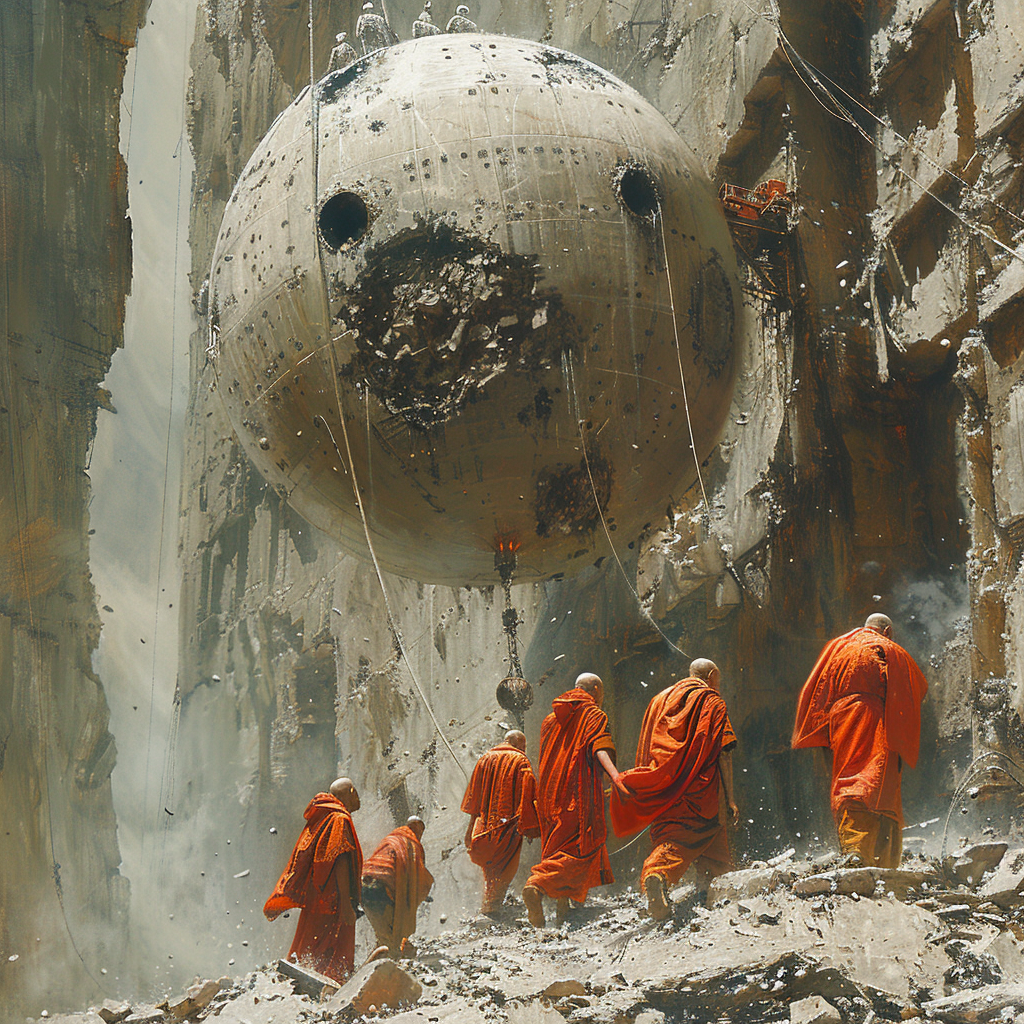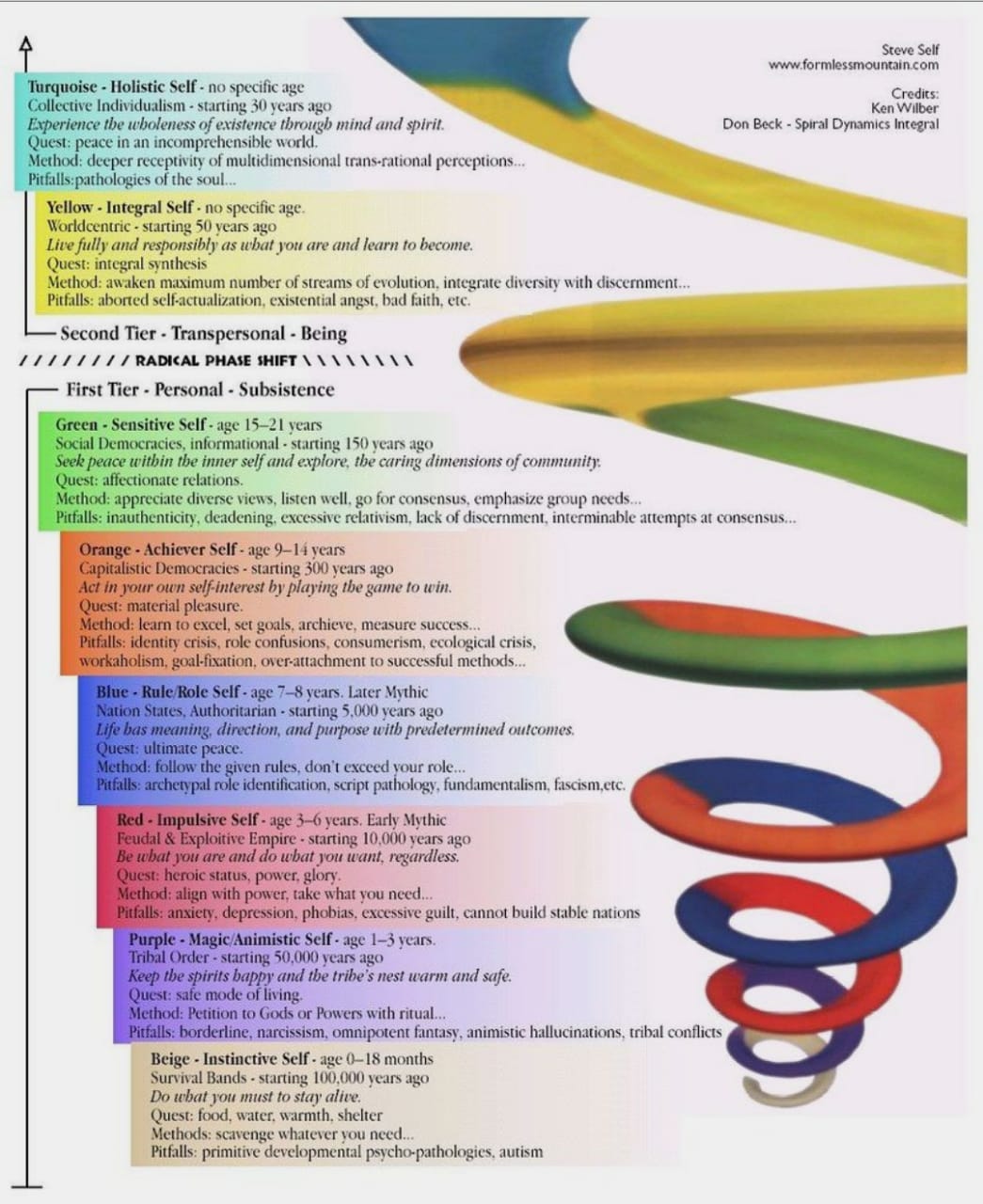An Antidote to Ontological Shock. 💊

📍 Coordinates: Uvita, Costa Rica.
📖 Reading Time: ~4 minutes.
🏴 Vibecheck: I love you. You’re doing a great job. Keep going. 🥋 EB
“I just don’t know what’s real anymore!”
“I don’t know who I am, what I am, what this is…”
These statements indicate that someone is likely experiencing ontological shock.
Ontological shock is the experience of being forced to question and reassess fundamental aspects of your reality. Reality-as-you-knew-it crumbles down.
Many experiences induce ontological shock, but the psychedelic experience is perhaps the most reliable, direct, and challenging.
To an extent, ontological shock is avoidable. When held well, glimpses into an expanded and altered sense of reality can settle into an evolved, expanded, and more fluid ontology; a more comprehensive way of understanding reality.
It is a strange and alien experience to have your narrative worldview rapidly expand.
Phenomenologically, it feels like a bubble popping. But the bubble happens to be your current understanding of what Reality is and how it works.
One moment you’re sitting there, doing your best to follow the conclusions of your worldview, to integrate some new experience into your current narrative, when suddenly—pop—it can no longer explain the experience you’re having.
The frame collapses like a house of cards, unable to assimilate the new experience into the existing architecture.
This is a pivotal moment of great change or great pain.
It happens in a moment, but integrating it can be a lifetime of work.
One of the unfortunate traps I see happen time and time again in my work is someone jumping from one rigid ontology right into the ready arms of another.
Perhaps the most common one is from Childhood Christianity → Militant Atheism. Nowadays, something like Agnosticism → ‘5D Pledian Neo-Shamanism’ seems to be the jump.
If the reality of your original ontology was empty and incomplete… what makes your new one any different?
You watch the mental gymnastics: ‘Everything I thought I knew was wrong, but now, now! – I have found the Truth. This is the way things are.’
It’s a coping mechanism and cognitive trap born from the inability to hold void space, the liminal stages between stories.
And this is what makes Zen unique—and uniquely beneficial—for the psychedelic spirituality community.

Zen & the Ch’an Wrecking Crew
Most people are uncomfortable with silence in conversation, so they start talking to fill the space.
Most people are uncomfortable with the space between ontologies and jump into whichever one seems most resonant with their latest entheogenic experience. Same idea.
Zen is nothing less than learning how to hold the void.
Jumping from illusion to illusion does no good. It might provide a momentary reprieve from conceptual tension, but you’ve fallen into the same trap, with a different facade.
Holding the space between stories is hard.
It is meditation. When you begin meditating, you notice how hard it is to keep the mind focused. Pull that back a level, and you see how hard it is to stop the mind from latching onto stories.
The muscles of mental control are weak.
Fortunately, Zen makes you strong.
Written by Bodhidharma, the First Patriarch of Ch’an (a prototypical form of Zen), what you can call the 4 ‘founding’ lines of Zen are:
“Direct, non-verbal transmission from teacher to student.
No scripture, no doctrine, no dogma.
It must address the heart-mind of each individual.
It must approach reality directly as it is.”
Zen ruthlessly emphasizes direct experience, before and beyond the linguistic machinations of the mind.
Zen trains you in the art of returning to the immediacy of direct experience.
It deliberately dismantles the story-telling, linguistic apparatus that plagues the consciousness of most of us.
Famed scholar-translator David Hinton playfully calls this the ‘Ch’an wrecking crew.’ Great sages throughout history show up and systematically dismantle the narrative structures in between you and reality.
Zen helps you hold the gap.
To play and explore in Reality-at-Large free from the reflexive overlaying of any fantastical stories.
Reality doesn’t need your story. It’s not lacking something.
It’s like meditation: the only people who think it’s worthless are the ones who can’t do it.
Zen too: the only people who think Reality needs a Story on top of it are the ones who can’t stop putting Stories on top of Reality.
It’s a post-hoc justification.
Zen training helps you stay ontologically fluid, cultivating the ability to move between Stories. To swap out Grand Narratives as easily as you change outfits.

Spiral Dynamics and Tier 2 Thinking
Spiral Dynamics is a model of the evolution of consciousness in humanity. It distinguishes between ‘Tier 1’ and ‘Tier 2’ thinking.
The defining characteristic of Tier 2 thinking is the ability to fluidly inhabit different perspectives.
Like a hub and spoke, the skill of being able to return to a neutral frame, dive into a new perspective, return to neutral, and then explore a different one – is what defines Tier 2 thinking.
If you always need an ontological frame, like an addict craving a hit, are you free to adopt a new perspective? You need a neutral resting point.
This is Zen. Calm and Awake. No stories, no doctrines, no dogmas.
From resolving ontological shock to cultivating conceptual fluidity, Zen is a remarkable discipline.
Zen is total immersion in reality as it is.
And if you have resistance to total immersion in reality, well then, let’s start there.
🪷 Namaste, EB.
No spam, no sharing to third party. Only you and me.
